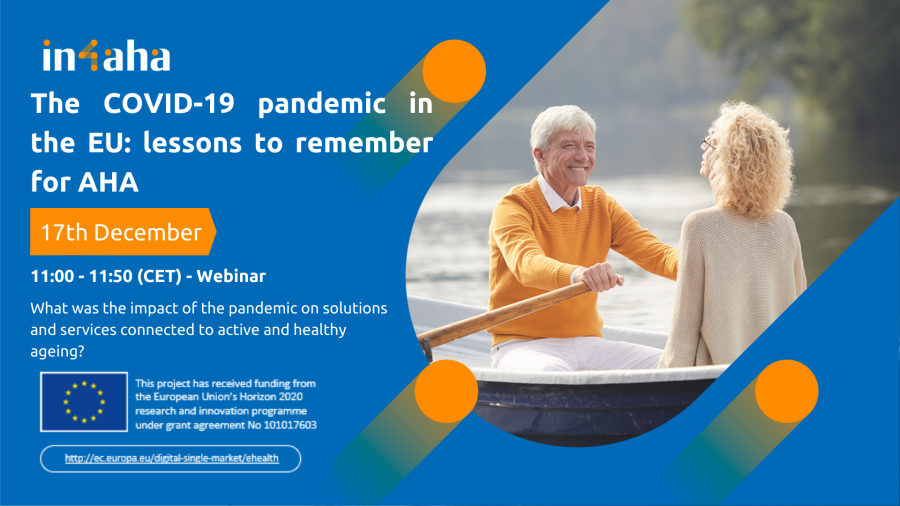The COVID-19 pandemic has forced health care systems across the world to re-evaluate their service delivery pathways. This has been widely translated into a wider acceptance and implementation of digital innovations with the ability to foster remote care. But what have been the consequences, both positive and negative, for the elderly population and the innovations that tend to their needs?
The need to self-isolate and keep social distance during 2020 and 2021 has brought the spotlight to already existing technologies such as teleconsultation platforms, at-home rehabilitation programs, and other innovative methods to provide health care to citizens at home. This has been beneficial in many ways, such as in allowing patients to continue with their prescribed consultations and treatments during the lockdown. At the same time, aspects relating to mental health such as the phenomena of social isolation and loneliness in the elderly population, lack of physical exercise/poor diet, and the worsening of pre-existing health conditions, also need to be addressed. This has had an impact on the types of health solutions and services being provided to citizens.
To discuss these topics, representatives from academia and regional ecosystems and, from citizen advocacy platforms in the field of active and healthy ageing, have been invited to participate in IN-4-AHA’s December monthly webinar.
AGENDA
11:00 – 11:05 Welcome.
Cláudia Campos, Porto4Ageing (University of Porto)
11:05 – 11:30 The experience of COVID-19 across EU regions
Anne Melard, Information and Communication Officer at AGE platform
Maddalena Ilário, MD, PhD, R&D, AOU Federico II, Department of Public Health, Federico II Medical School
11:30 – 11:50 Discussion on the lessons learned from the COVID-19 pandemic in the field of AHA
Moderated by Diogo Videira, Porto4Ageing (University of Porto)

- Logáil isteach chun tráchtanna a phostáil
- Clibeanna
- IN-4-AHA webinar Covid-19 Active Ageing
